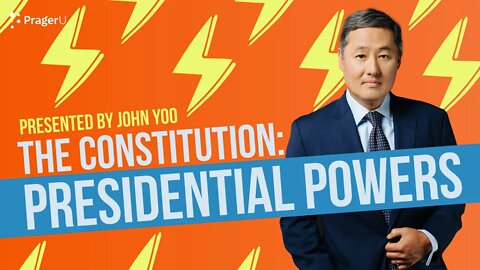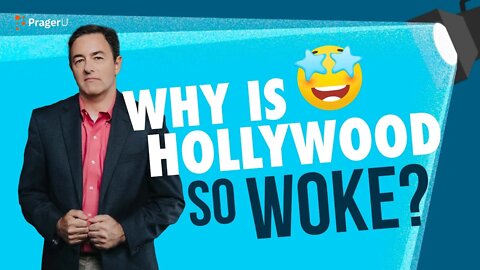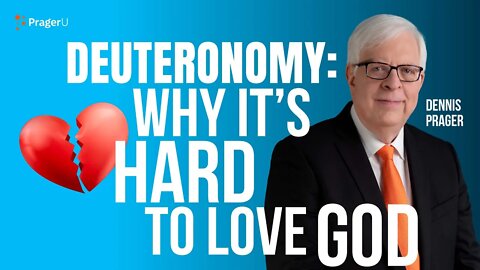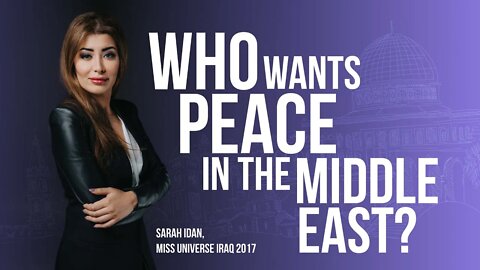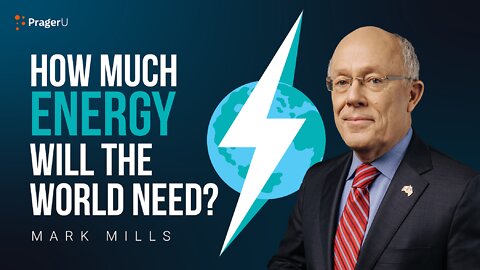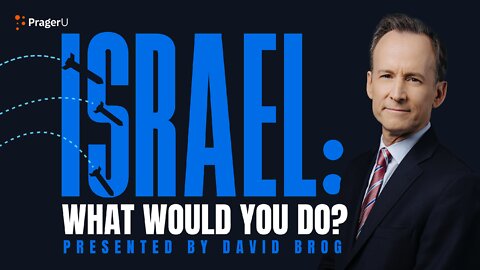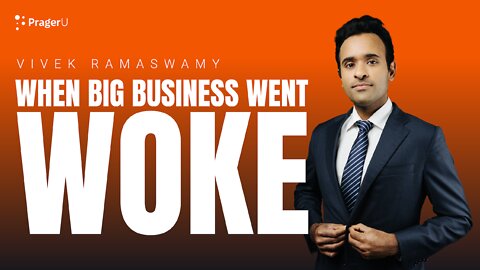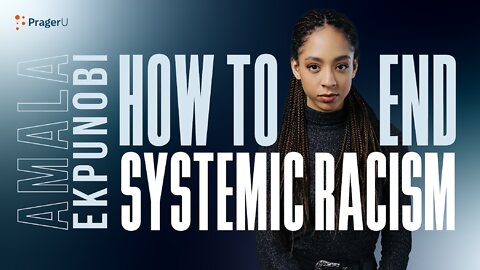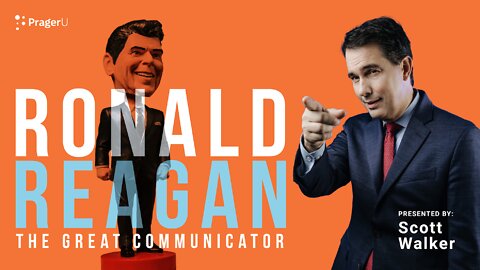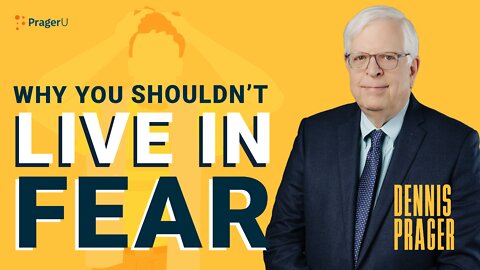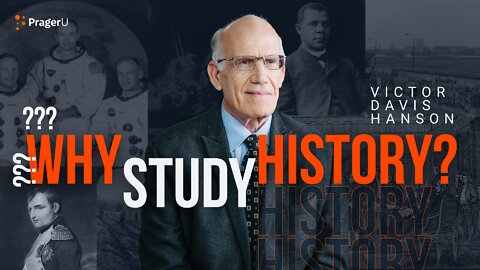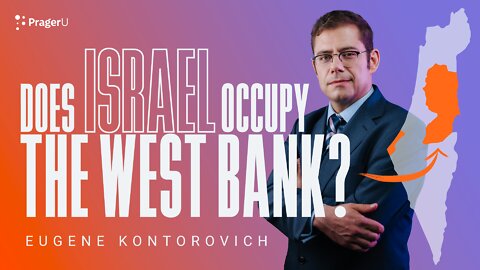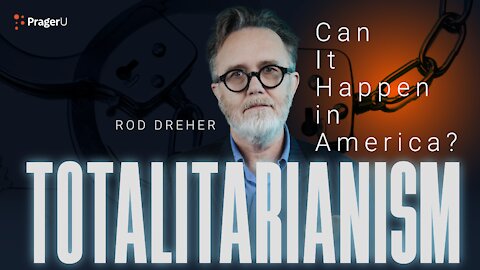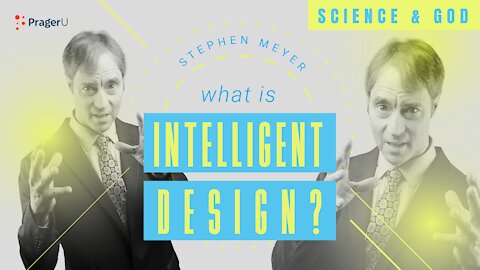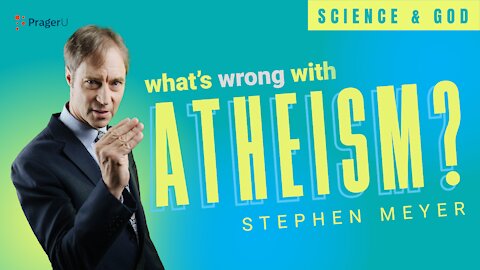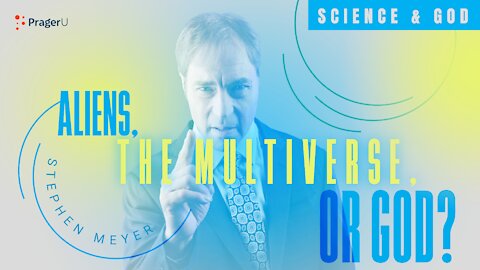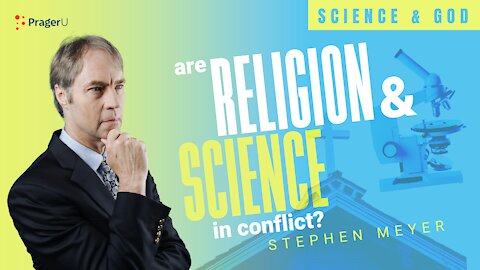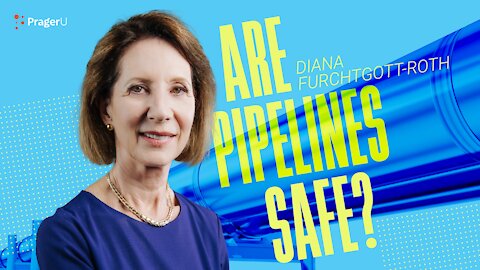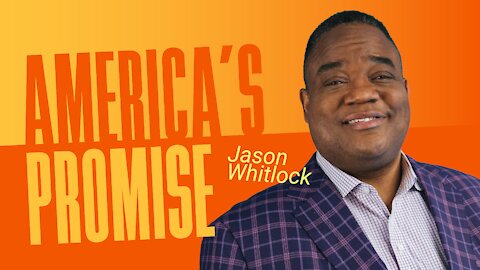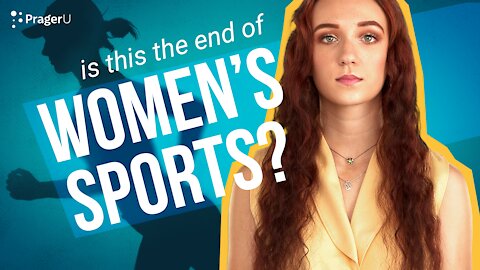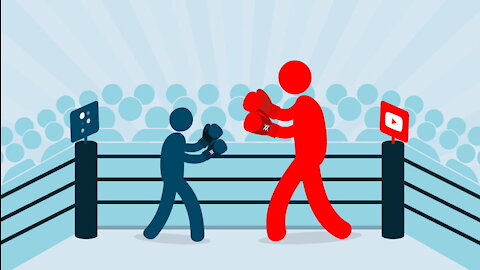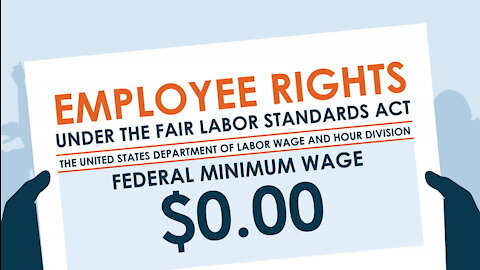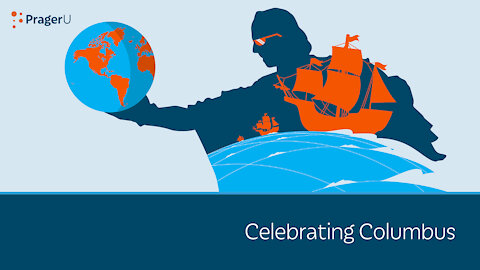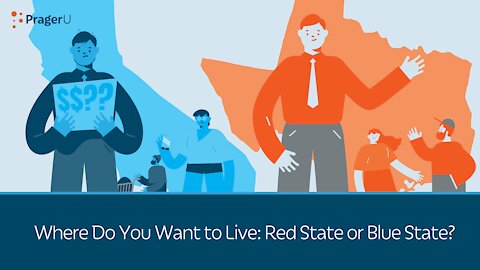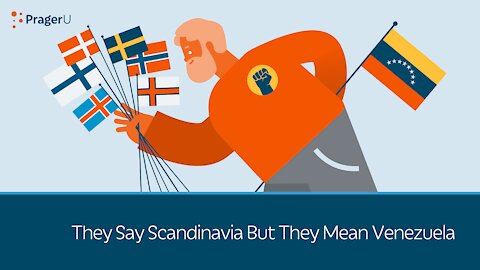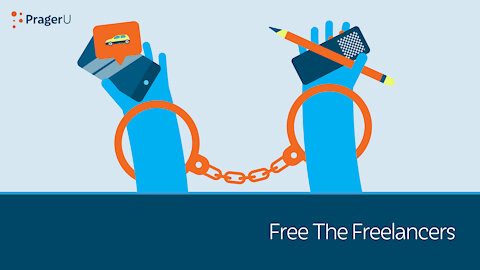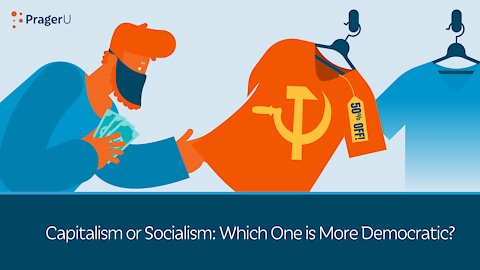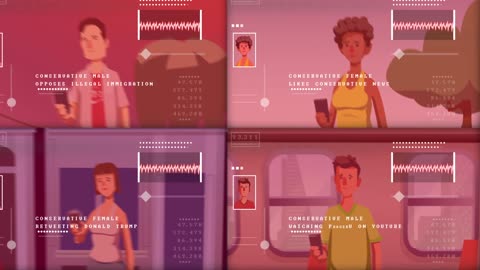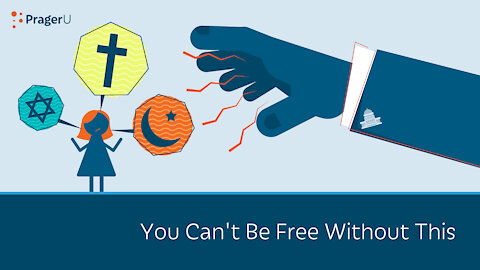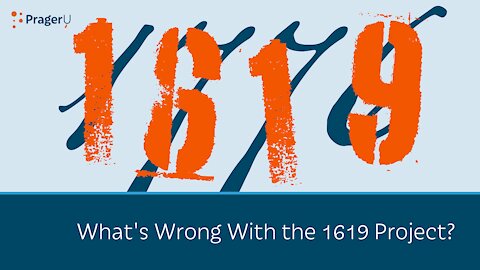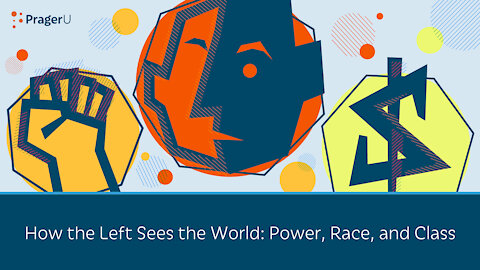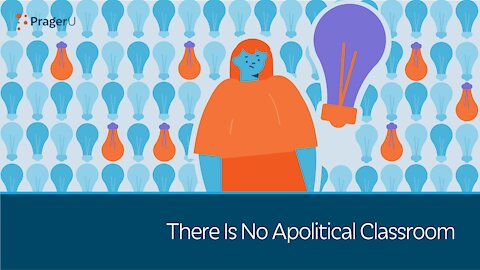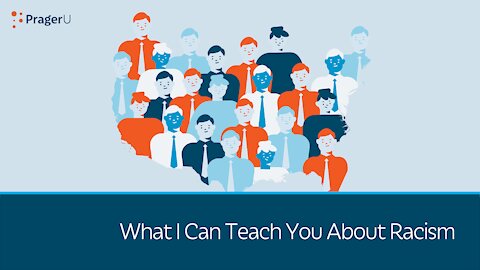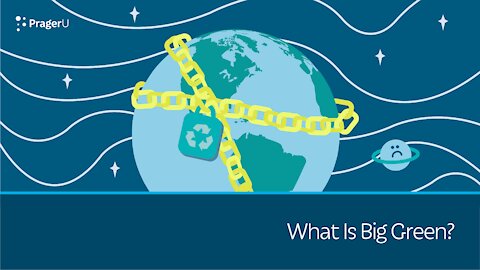The Constitution: Presidential Powers | 5-Minute Videos
Why Is Hollywood So Woke? | 5-Minute Videos
Deuteronomy: Why It’s Hard to Love God | 5-Minute Videos
Who Wants Peace in the Middle East? | 5-Minute Videos
How Much Energy Will the World Need? | 5-Minute Videos
Israel: What Would You Do? | 5-Minute Videos
When Big Business Went Woke | 5-Minute Videos
Why You Should Care About Passover | 5-Minute Videos
How to End Systemic Racism | 5-Minute Videos
Ronald Reagan: The Great Communicator | 5-Minute Videos
Big Government, Big Business, Big Problems | 5-Minute Videos
Is the Foster Care System Racist? | 5-Minute Videos
Why You Shouldn't Live In Fear | 5-Minute Videos
Why Study History? | 5-Minute Videos
Does Israel Occupy the West Bank? | 5-Minute Videos
Can You Trust the NY Times? | 5-Minute Videos
Totalitarianism: Can It Happen in America? | 5-Minute Videos
What Is Intelligent Design? — Science and God | 5-Minute Videos
What's Wrong with Atheism? — Science and God | 5-Minute Videos
Aliens, the Multiverse, or God? — Science and God | 5-Minute Videos
Are Religion and Science in Conflict? — Science and God | 5-Minute Videos
Are Pipelines Safe? | 5-Minute Videos
Pearl Harbor: A Day That Lives in Infamy | 5-Minute Videos
THIS Is Why Fathers Are Necessary | 5-Minute Videos
What You Need To Know About Critical Race Theory | 5-Minute Videos
America's Promise By Jason Whitlock | 5-Minute Videos
Would You Rather Be Colonized by Aztecs or Christians? | 5-Minute Videos
Biological Men in Women's Sports: How Is It Fair?! | 5-Minute Videos
Why Are Utilities So Expensive? | 5-Minute Videos
Black Fathers Matter | 5-Minute Videos
Who Is Booker T. Washington? | 5-Minute Videos
Frederick Douglass: From Slave To Statesman | 5-Minute Videos
PragerU is suing YouTube for restricting over 200 videos | 5-Minute Videos
What's The Right Minimum Wage? | 5-Minute Videos
Minimum Wage Cost Me My Job | 5-Minute Videos
Celebrating Columbus | 5-Minute Videos
Never Apologize to the Mob | 5-Minute Videos
Where Do You Want to Live: Red State or Blue State? | 5-Minute Videos
How to Steal an Election: Mail-In Ballots | 5-Minute Videos
They Say Scandinavia But They Mean Venezuela Featuring Debbie D'Souza | 5-Minute Videos
Free the Freelancers | 5-Minute Videos
Capitalism or Socialism: Which One Is More Democratic? | 5-Minute Videos
Defining Liberty | 5-Minute Videos
Nuclear Energy: Abundant, Clean, and Safe | 5-Minute Videos
The End of Women's Sports | 5-Minute Videos
*Big Tech Is Big Brother* | 5-Minute Videos
Religious Liberty: You Can't Be Free Without This | 5-Minute Videos
What's Wrong With The 1619 Project? | 5-Minute Videos
How the Left Sees the World: Power, Race, and Class | 5-Minute Videos
There Is No Apolitical Classroom | 5-Minute Videos
What I Can Teach You About Racism | 5-Minute Videos
Be Brave Featuring Nikki Haley | 5-Minute Videos
What Is Big Green? | 5-Minute Videos
Price Transparency: How to Fix Healthcare | 5-Minute Videos
The Constitution: Presidential Powers | 5-Minute Videos
Americans fought a long and bloody war to get rid of one tyrant, the English King, George III. They didn’t want to install a new one of their own making. So how did the Framers ensure that the President would have enough power to be an effective chief executive, without making him a dictator? John Yoo, Professor of Law at the University of California, Berkeley, has the answer.
#prageru #president #constitution #history #americanhistory
SUBSCRIBE 👉 https://www.prageru.com/join
Script:
How much power should we give to the President? This was one of the most vexing (and critical) questions facing the Framers of the United States Constitution in the summer of 1787.
To be effective, the President had to be perceived—both in times of war and peace—as the leader of the nation. For this to happen, he would have to be given significant authority. Americans learned this lesson in the years following the Revolutionary War when the nation floundered under the Articles of Confederation which had no provision for a chief executive.
But this chief executive couldn’t be made so strong that he could become a tyrant. Americans fought a long and bloody war to get rid of one tyrant, the English King, George III. Nobody wanted to install a new one in his place.
The Framers answer is found in Article II.
The opening sentence reads as follows: “[t]he executive power shall be vested in a President of the United States.” This might sound straightforward, but it was anything but.
Here’s why.
“The vesting clause” of Article II, as it’s known, differs significantly from the vesting clause of Article I, which concerns the powers of Congress—the House of Representatives and the Senate. Article I’s vesting clause states: “all legislative powers herein granted shall be vested in a Congress of the United States…” It then goes on to list those limited powers. That’s it. Congress can’t do anything else.
There are no such limitations specified in Article II. The difference is subtle, but important.
Whereas Congress is given specific responsibilities, the President is given broad responsibilities and wide discretion as to how he fulfills them. This is part of his executive authority.
And just what is that executive authority?
This is spelled out in Sections 2 and 3.
The President is the commander in chief of the armed services. He sets military policy.
He makes treaties with foreign countries. He sets foreign policy.
He appoints his own advisors—what became known as his cabinet. He sets domestic policy.
He appoints judges to the Supreme Court. That obviously gives him a big say in judicial policy.
And finally, “he shall take care that the laws be faithfully executed.”
This list is at once brief and vast because there’s so much involved in all these duties. Indeed, the President stands at the head of the entire administrative apparatus of the Federal government with all the rights and responsibilities that entails. For example, if the President can appoint federal officials, it stands to reason that he must be able to fire them, too.
When you realize that enforcing the law involves layers and layers of people from department heads to federal law enforcement to government lawyers, all of whom are accountable to the President, you start to grasp how much power the chief executive has.
So, how did the Framers keep the President in check?
First and foremost, they gave Congress “the power of the purse,” the power to fund the operations of the federal government. Congress can restrain the President by withholding funding.
The President literally can’t buy a light bulb for a lamp in the Oval Office without a Congressional appropriation. If the President proposes to add a new federal agency or to launch a war, Congress can bring his plans to a halt simply by refusing to fund them.
The Constitution strikes a similar balance in foreign affairs. The President, as Commander-in-Chief, controls the strategy, tactics, and deployments of the U.S. Armed Forces, and also dictates U.S. foreign policy. Only Congress, however, has the power to declare war, and the Senate, by a two-thirds majority, must consent to any treaty negotiated by the President.
Congress also has the power to impeach the President in cases of serious misconduct—treason, bribery, or other high crimes and misdemeanors. But the bar for impeachment is set very high to protect the President’s independence from Congress.
For the full script, visit: https://www.prageru.com/video/the-constitution-presidential-powers
-
 5:51
5:51
PragerU
3 days agoLyndon B. Johnson and the Vietnam War | 5-Minute Videos
4.63K7 -
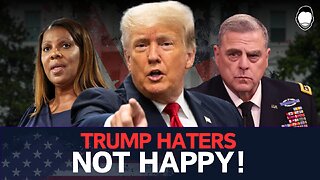 LIVE
LIVE
Robert Gouveia
2 hours agoLeticia's $493 Million in TROUBLE! Trump EXONERATED by Milley; First Assassination Hearing
3,189 watching -
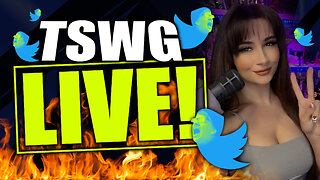 LIVE
LIVE
ThatStarWarsGirl
49 minutes agoTSWG LIVE: Rings of Power Lost It's MIND | Ghost of Yotei DRAMA| The Acolyte Laundering and more!
132 watching -
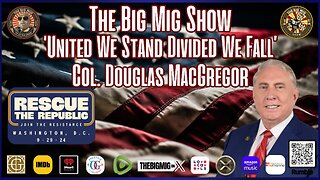 LIVE
LIVE
The Big Mig™
21 hours ago‘United We Stand, Divided We Fall’ w/ Col. Douglas MacGregor
5,282 watching -
 LIVE
LIVE
theDaily302
10 hours agoThe Daily 302 -JJ Carrell
96 watching -
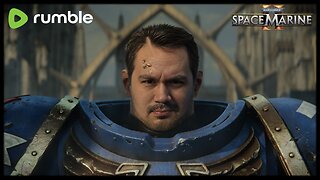 LIVE
LIVE
RaikenNight
2 hours agoNew Update lets check it out! | Space Marines 2
249 watching -
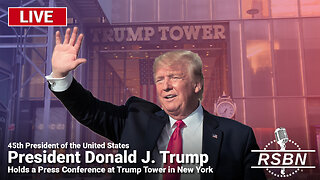 1:54:09
1:54:09
Right Side Broadcasting Network
4 hours agoLIVE: President Trump Holds a Press Conference at Trump Tower in New York - 9/26/24
105K67 -
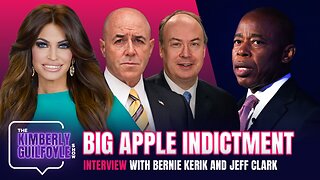 1:36:52
1:36:52
Kimberly Guilfoyle
6 hours agoTrump Press Conference Live, Plus Adams Indicted & Kamala Exposed, Live with Bernie Kerik & Jeff Clark | Ep. 161
45.7K15 -
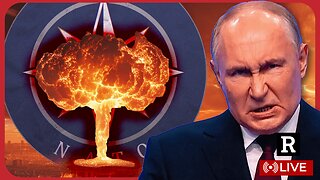 1:45:42
1:45:42
Redacted News
4 hours agoBREAKING! OUR MOST DANGEROUS MOMENT IN U.S. HISTORY AS PUTIN WARNS NATO | Redacted w Natali Morris
86.2K162 -
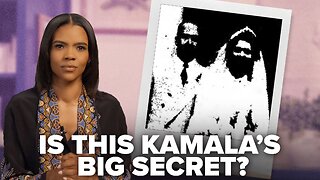 44:42
44:42
Candace Show Podcast
3 hours agoI Think I Found Kamala’s Real Family | Candace Ep 73
103K326
